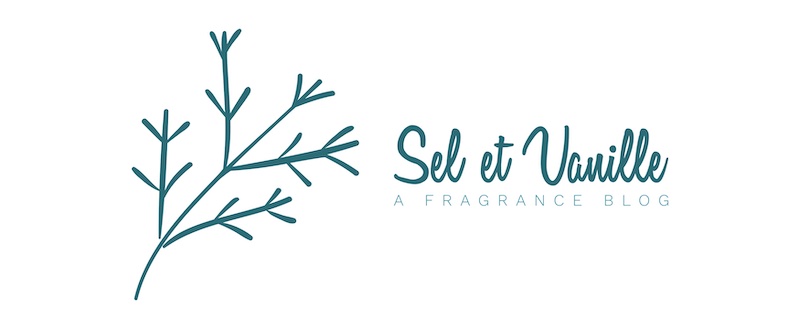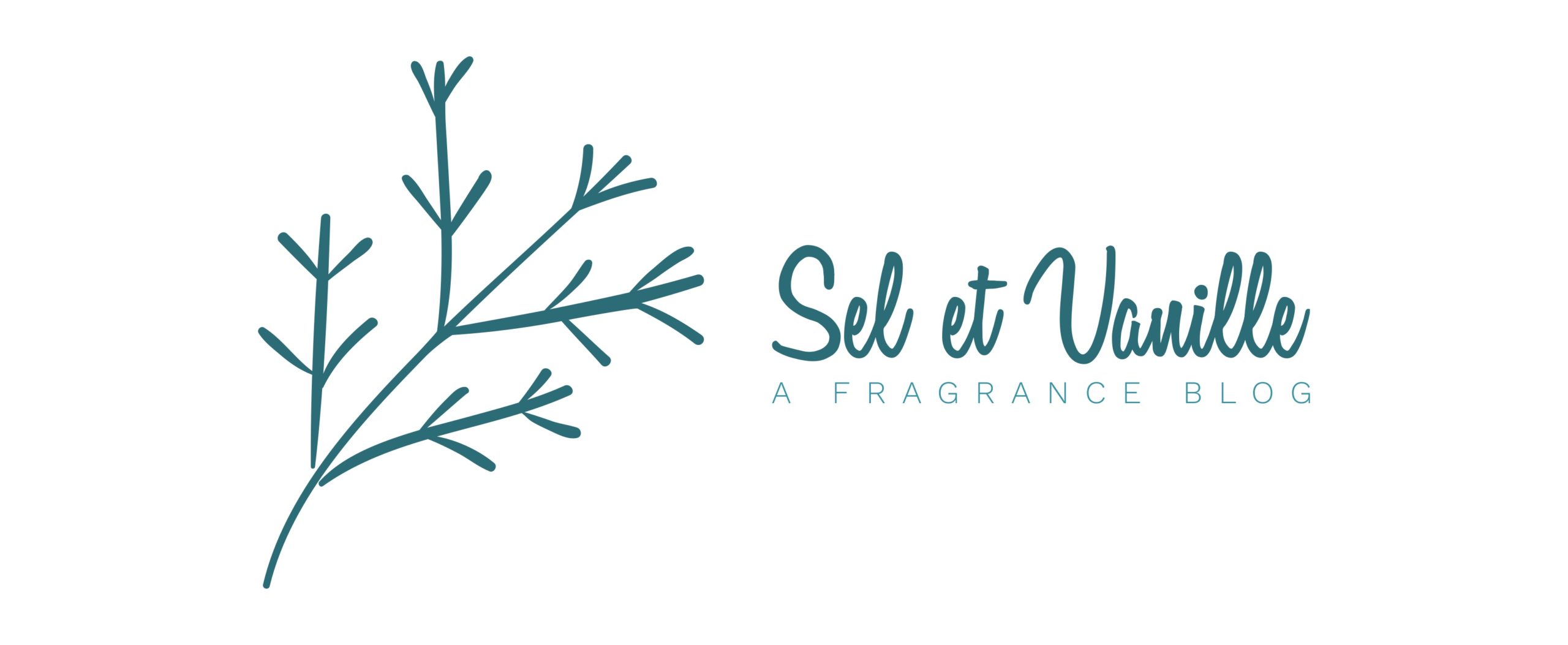How can some people blindly smell out the difference between various species of roses? And how in the heck do they recognize all the notes in a fragrance or wine? There is no magic behind it. It is like learning to read. You commit things to your memory, and then you recognize them. Simple, right?
Maybe your nose needs some TLC after covid-19, or you just discovered a new fragrant hobby. (If you have medical issues, please talk to your doc. This is supposed to be a fun read, not medical advice.)
Well, there is a small catch. Besides your memory, your ability to sniff out things is also based on how sensitive your nose is. Your memory could be stellar, but if you don’t perceive what’s in front of you, it won’t help much. The good news is – you can improve both! And it’s not going to take a ton of time. You can incorporate these tips into your daily life without giving it much extra effort. I promise – because I am the laziest person out there (srsly, I pick up things with my feet, so I don’t have to get up to reach them).
Below, I want to focus on taking care of your ability to smell things, whatever they are.
These tips come from my own experience, a little bit of science, and hanging out with sommeliers learning about wine. Some of these fantastic folks know a thing or two about their noses. All tested on actual humans, myself including.
1) Smelling vs. sniffing
This is going to take no extra time, with pretty strong results. Learn to distinguish the difference between olfactory training and olfactory stress. There is a fine line between teaching your nose and overwhelming your senses. Training will lead to improvement, while overwhelming – you guessed it – to sensory overload and your olfactory system getting somewhat sloppy. Do the first. Avoid the second. Simple as that, my dear.
So how do I train my nose?
Whenever I have an opportunity, I sniff things. Consciously. Anything. I make it a habit to take a moment to smell my food before I eat. I smell the ingredients when cooking. Did you ever notice the difference between whole grain flour and white flour? Your fruit, veggies, snacks, spices, salts, herbs, meats. The kitchen is an obvious place to start. Just like flowers. But how about knowing the difference between decomposing leaves and soil? How do wet stones smell? Beach sand? Your purse? Steering wheel? What about graphite (pencils!), chalk, books (vs., for example, a magazine). I mean, you don’t need to learn the difference between the smell of pigments that Vogue vs. Elle printers use (although that could be fun), but check them out anyway.
Whatever passes through your hands, stick it under your nose (and stay safe, it’s still a pandemic out there).
The important part is to do this consciously. Take a few seconds to focus on what you are smelling. You don’t need to put it into elaborate words. Instead, start simple – which is sweeter? Sourer? Spicier? Bitter? Dry or wet? Scales are straightforward, and it is easier to stick your finger into an imaginary range. It is way more helpful to learn to define qualities rather than say that a given apple smells like an apple.
What is olfactory stress?
As opposed to training, I try to avoid everything that strains my nose. What is that? To me, anything and everything that I smell without turning my thoughts to what it is. That translates to no interior scents, no scented candles, no strongly scented drier sheets, fabric softeners, or washing detergents on my clothes (besides, most of these things use heaps of cheap musks, some of them toxic and banned in Europe).
And no fragrance lingering all day under my nose. I stopped spraying perfume around my neck and upper body a few years ago (with a few exceptions like the occasional date). There were two good reasons I did that:
1. Sensory habituation is a psychological effect that our minds and bodies developed to keep us safe. When our senses are exposed to constantly present stimuli, they block it out. That protects us from ignoring other information that could be essential to our safety. Instead of our nose sending a constant “ew, trash” message, we can detect smoke as if the environment was clean (after our brain decides that the trash is no longer an essential piece of information). That’s pretty cool. Did you ever sit in a room for a long time, and when you returned after a short break, you realized there was a smell lingering or just funky air you ignored? That is precisely the result of habituation.
The same happens with fragrance. If I am wearing clothes scented by musks, it will inevitably make me less sensitive to noticing similar notes around me. If I sit in a scented room, I will soon stop mindfully enjoying the scent (unless it keeps getting more concentrated – that’s how candles work, anyway).
If I’d spray a perfume close to my face, where my nose is constantly bombarded by it, I won’t enjoy my perfume all day long – on the contrary. I wear perfume for my enjoyment (no one else likes what I like, anyway). That’s the reason I prefer to get whiffs all day long, like little fragrant love letters I didn’t expect.
Little related but helpful tip: If you need to wash out fragrance residues from fabric, use acidic rinse. Just mix 1 part citric acid with nine parts of water and keep a jar of this around. Use half a cup to one cup in place of a softener. It lifts fragrance, detergent, and mineral residues from fabric. And your washing machine will thank you. Great around kids or people with allergies. Plus, it helps with greyed whites or faded colors.
2. Babies, yay! Life happened, and pregnancies and m̶o̶r̶n̶i̶n̶g̶ all-bloody-day-long sickness thought me to spray on a wrist, sweater, or scarf. Something easy to put away in case I discovered my hormones just turned my beloved juice into skunk’s balls. After our son was born, I took a complete break to protect his little nose, but when I returned to fragrance, I kept at being gentle with it. Tiny humans have super sensitive noses I didn’t want to overwhelm while cuddling. Taking my scarf off was the easiest thing to do. And my nose kept getting sharper—double win.
Now that our first son is a toddler running around, my nose is so sensitive that I can enjoy fragrances that I didn’t wear before because I labeled them as tragic underperformers. Yay again.
All this may sound extra strict. Do I even enjoy fragrance? Hell yes. More than ever before. And it doesn’t mean you should ditch your favorite interior scent, either. By any means – do whatever will make you happy. It is still possible to use interior scents more consciously, too. While meditating, taking a nice relaxing bath, or in a room where you don’t spend the entire day but often pass through so that you can enjoy a surprising whiff again and again, like arriving in a five-star hotel lobby.
2) The apparent killers
Many drugs can inhibit your ability to smell – antibiotics, medicated nose sprays, etc., especially if the exposure is prolonged. Smoking isn’t going to make you a master perfumer, either. But also spicy, intensely flavored foods can have the same effect. I mean, it’s going to be a little difficult to smell the nuances of lily of the valley after eating vindaloo curry. Hey, I love spicy. I’d only avoid these before writing down notes on a new scent, shopping for a fragrance, or evaluating wine.
By the way, people who switch to eating lots of fresh fruit and veggies often claim that their ability to distinguish slight differences in aromas improved. Yay for the broccoli. It works for me every time I cut off pizza nights.
3) What’s inside, stays inside
Maybe an overkill to some, but nose hygiene can make a difference, depending on your environment. Our noses do a great job of filtering dust, allergens, chemicals, or aromatic particles, using tiny hairs and a layer of mucus. The result is that your senses can continue to be bombarded by whatever it collected inside. You can use gentle nasal flushes to help with that if you feel the need.
4) Get out there

Spending lots of time outside does have a significant effect on our ability to smell. It protects us from sensory overload, and you get lots of opportunities to smell new things, and our minds calm down. Since olfactory stimuli are processed where emotions and memories are located in our brains, feeling distracted isn’t going to help anything. Take your breaks.
5) We need humidity to smell
Yep, even though it may sound weird – most materials aren’t water-soluble. Our olfactory system requires a certain humidity level to “deliver” those molecules. The proteins that attach to odor molecules to send the message to our brains also degrade with low humidity. So if you need to sniff things and feel like you are having a hard time, a humidifier, washing your face, or even a wet napkin can be helpful.
The way our nose keeps itself clean is by expelling mucous, which also requires moisture. If it’s too dry, our noses will retain more odor molecules, lowering our ability to sense new ones.
6) Our bodies have their own ways
Alternatively, you can always poke your eye out. When one of our senses worsens, our brains magically use the extra capacity to process stimuli from other senses. People with imparted sight or hearing tend to have a stronger sense of smell. I wouldn’t suggest harming yourself, but try closing your eyes when sniffing. It helps to focus our brains on the scent.
Another extreme way of improving olfaction would be getting pregnant. Science has the data to prove it works (although some of it is somewhat contradictory). Still, explanations lag a bit – the most commonly mentioned one is the evolutionary folks claiming that it protects the mother from ingesting toxic substances. If you ask me, it protects the mother from ingesting just about anything. The downside is that you may end up having to change your entire fragrance collection after this. And it has some significant side effects, like having offspring for life.
Or you can ditch all these tips. Anosmia – especially a drug or virally induced one – often improves on its own over time – our neurons do have the ability to regenerate. Being kind to yourself might be all that’s needed.







Leave a Comment